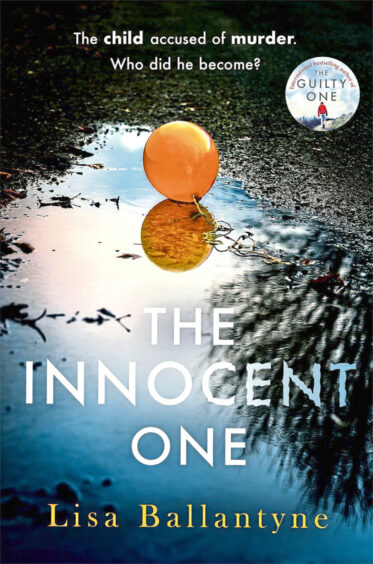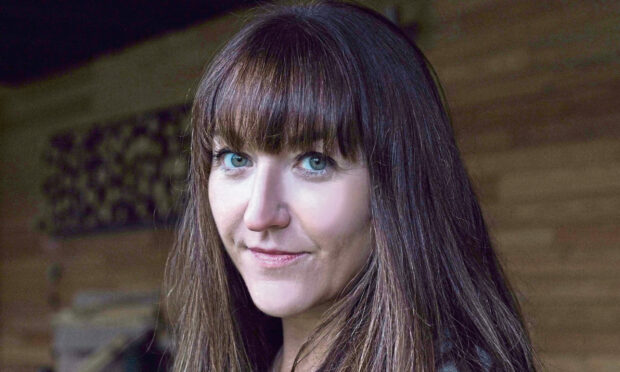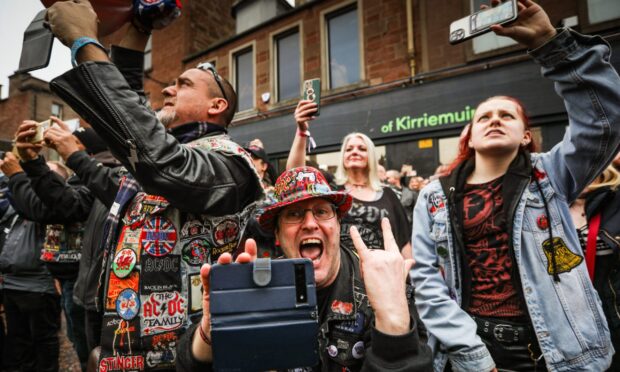Redemption, forgiveness and the potential for change in an individual – all big themes and ones explored in Lisa Ballantyne’s new novel, The Innocent One.
“The book asks if there are some crimes for which people are never allowed to atone,” says Glasgow-based Lisa.
“In juxtaposing the childhoods of my character Daniel Hunter, a defence lawyer with a troubled and violent past, and his client Sebastian, I examine the effects of abuse and rejection and consider whether criminals are born or made – the classic nature or nurture debate.”
Sequel and standalone
The Innocent One is the sequel to Lisa’s 2012 book The Guilty One, but it can be read as a standalone novel.
Lisa, who studied English Literature at the University of St Andrews, says: “A decade ago Daniel represented an 11-year-old boy, Sebastian, accused of murdering his neighbour.
“Ten years later, the adult Sebastian finds himself in the frame for murder and reaches out to Daniel to defend him once again.
“The story began to breathe and I saw it as a way to explore the truth revealed in each of their stories, about the potential for change in an individual.”

Research
Lisa’s research for The Innocent One became all-consuming – she visited the Old Bailey court house in London, watched live trials and went to locations she described in her story: Newcastle and London.
She also read widely, mainly non-fiction books about children who had killed – “in an effort to understand” – and sought advice from experts.
These included an experienced Glasgow-based criminal solicitor, plus social workers and police officers, in a bid to understand how children are dealt with in the criminal justice system.
Trial by mob rule
The new novel explores the dangers of trial by social media – in many minds, trial by mob rule.
“While Sebastian is merely a suspect for the murder of his university professor, his identity as the infamous ‘Angel Killer’ from years past is leaked on to social media,” says Lisa.
“This revelation results in Sebastian being tried, convicted and sentenced by nameless, violent, vitriolic public before he is even charged by the police.
“Like another of my novels, Little Liar, The Innocent One scrutinises the power of social media as a dark force in society that can often undermine justice when it acts as a digital lynching or inspires vigilantes to take the law into their own hands.”
Big appeal
Lisa hopes the novel will be enjoyed by thriller and mystery fans, but says its psychological nature and depth of the characters means that it should also appeal to readers drawn to “character-driven fiction and family stories with big meaty themes”.
The story inherent in both The Guilty One and The Innocent One is “more timeless than timely”, reflects Lisa, adding: “The issues explored about the struggle to overcome our upbringing and shape our own future as opposed to the determinism of being born bad (or good), are central questions that we as a society return to time and again.”
- The Innocent One, £9.99 by Piatkus, is published on January 12. It’s available on Amazon.











Conversation